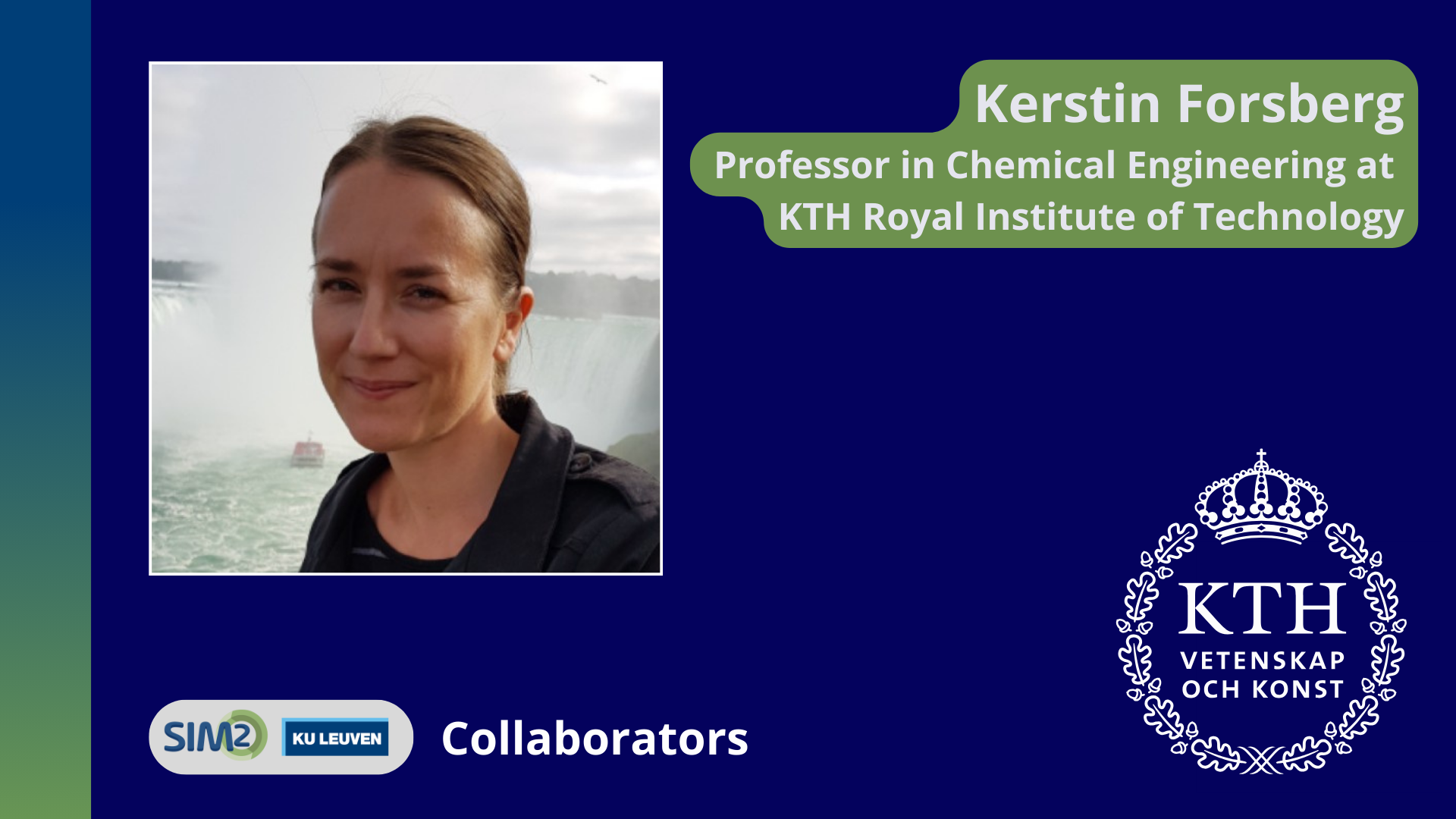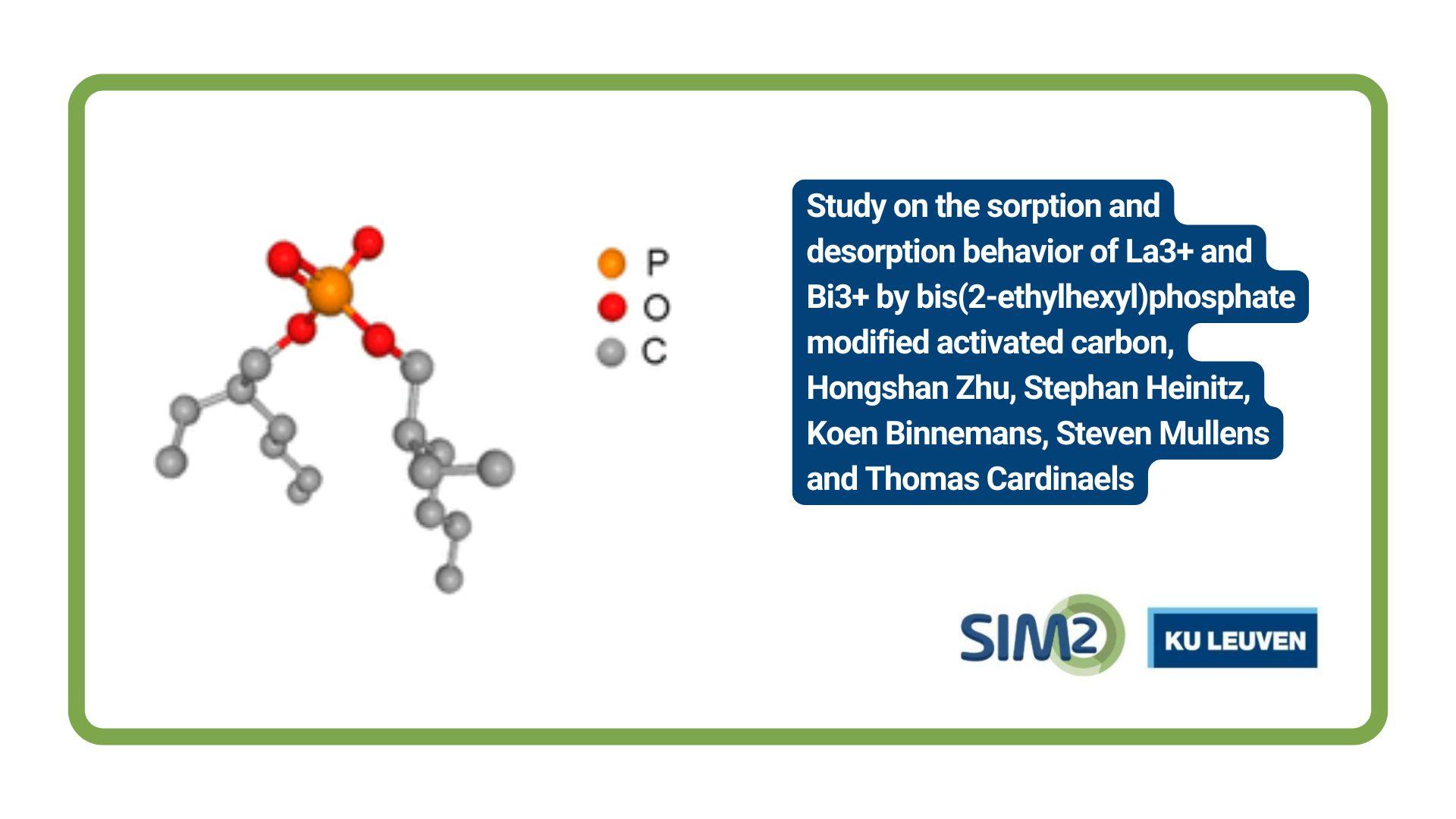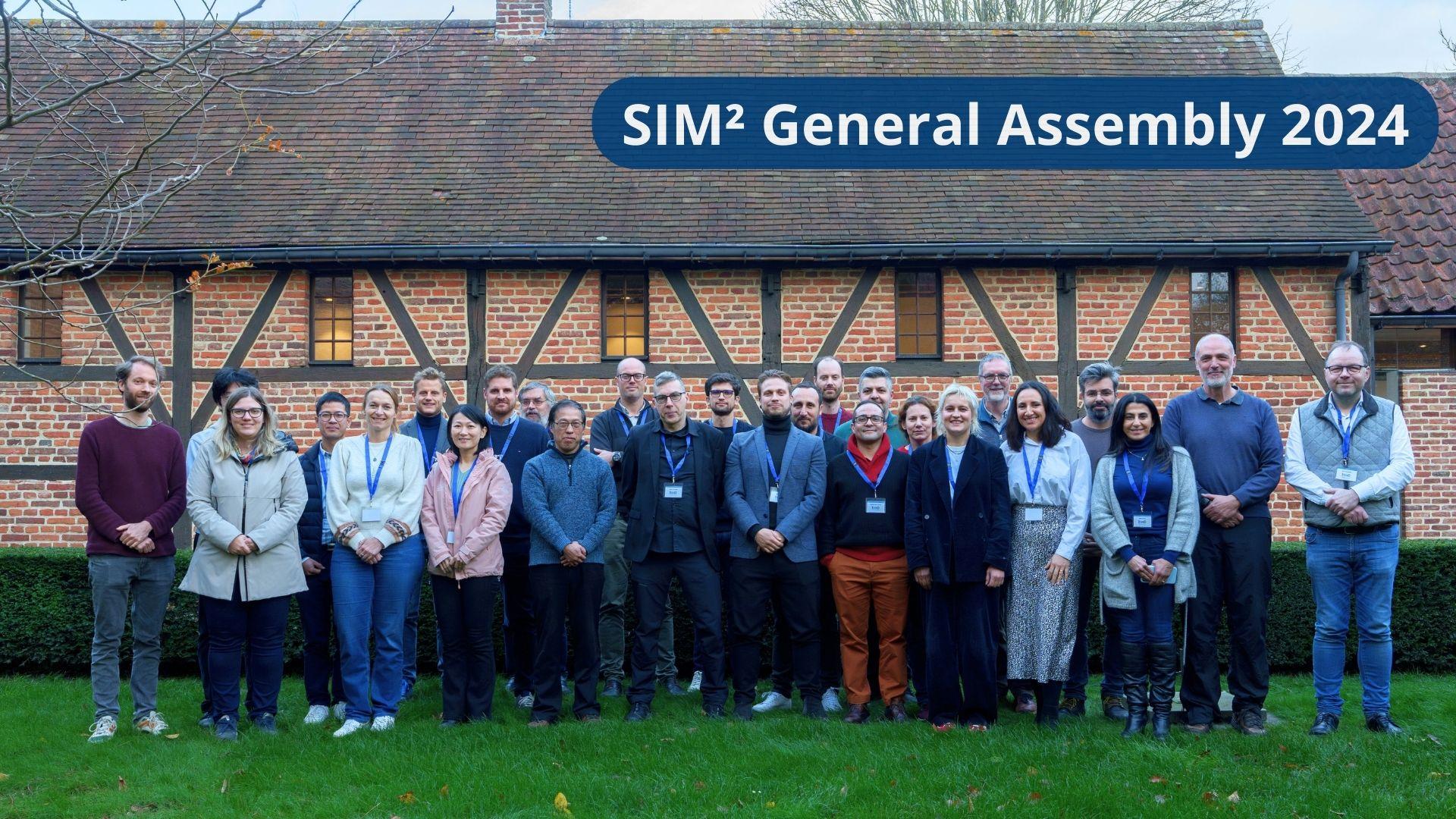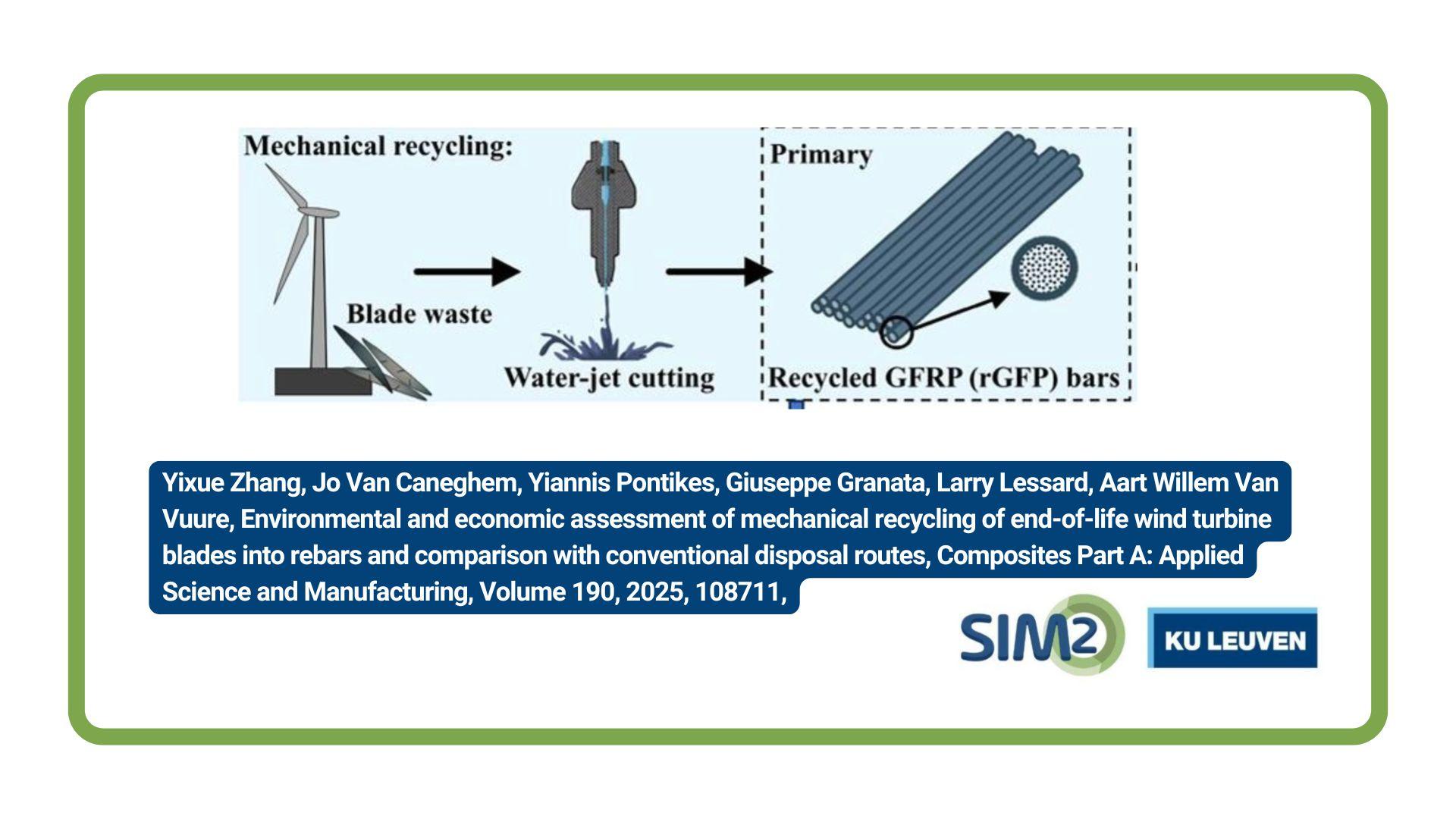Kerstin Forsberg is professor in chemical engineering at KTH Royal Institute of Technology in Stockholm. She has expertise in separation processes, in particular crystallization. The knowledge is often applied in projects concerning recovery of resources from waste streams or to investigate phenomena connected to the transport of pollutants.
What is your earliest childhood memory?
Visiting the site where my parents bought their house we then lived in during my childhood.
What made you want to be a scientist?
I was fascinated about stones, archaeology, and the adventures of Tintin when I was a child. All together this eventually led me to follow a curiosity driven and creative path within natural sciences and engineering with a specialization in crystallization.
What book, film, music or TV series changed you?
Schindler’s list made a strong impression on me when I was a teenager in the 90ties.
If you weren’t a scientist, what other job could you have chosen?
I was thinking of studying architecture but eventually choose chemical engineering instead. I don’t regret that choice, but I believe that I would have enjoyed architecture as well. I’m very interested in design and the challenge in combining design and functionality (with the economic constraints) could have been fun.
If you could live and work anywhere in the world, where would that be?
I am happy living in Stockholm since it’s a beautiful city and close to where all the members of my family lives.
Who is the scientist that you admire the most?
There are so many great scientists of today and in the past so it’s very difficult for me to choose a single person.
I’m very interested in design and the challenge in combining design and functionality (with the economic constraints)
Do you believe we will avoid the catastrophe of climate change?
We will face huge challenges because of climate change, and I hope we can find ways to reduce the impacts as much as possible and that leaders of the world will make it a priority. It’s already a crisis and I’m afraid that people will suffer tremendously in the future.
Which of your scientific achievements is the most satisfying?
Remembering the students I’ve supervised, our discussions and our achievements. It’s always special going from idea to experiments and conclusion with many fascinating small surprises on the way.
What one thing would make your life better?
Less pressure to find funding and less administration.
If you could live at a different time in history, and be present at a scientific discovery, when would that be?
It would be great to experience the discovery of a universal cure for cancer.
What is the best piece of advice you have received?
Firstly, to remember that you can never do better than your best and secondly focusing on finding your own path are two good pieces of advice.
When are you happiest?
When I’m completely focused on something that interests me in company or alone.
SIM² KU Leuven is the KU Leuven Institute for Sustainable Metals and Minerals (SIM² in short). SIM² is one of the official KU Leuven Institutes that were endorsed by the KU Leuven Academic Council. SIM² has more than 370 members, coming from a wide range of (interdisciplinary) research groups and departments at KU Leuven. SIM²’s missions is “to develop, organise & implement problem-driven, science-deep research & future-oriented education, contributing to the environmentally friendly production & recycling of metals, minerals & engineered materials, supporting (…) a climate-friendly, circular-economy”.
- Read more in this featured article in Geniaal.
- Follow SIM² on LinkedIn
- Interviews with other SIM² colleagues and collaborators





